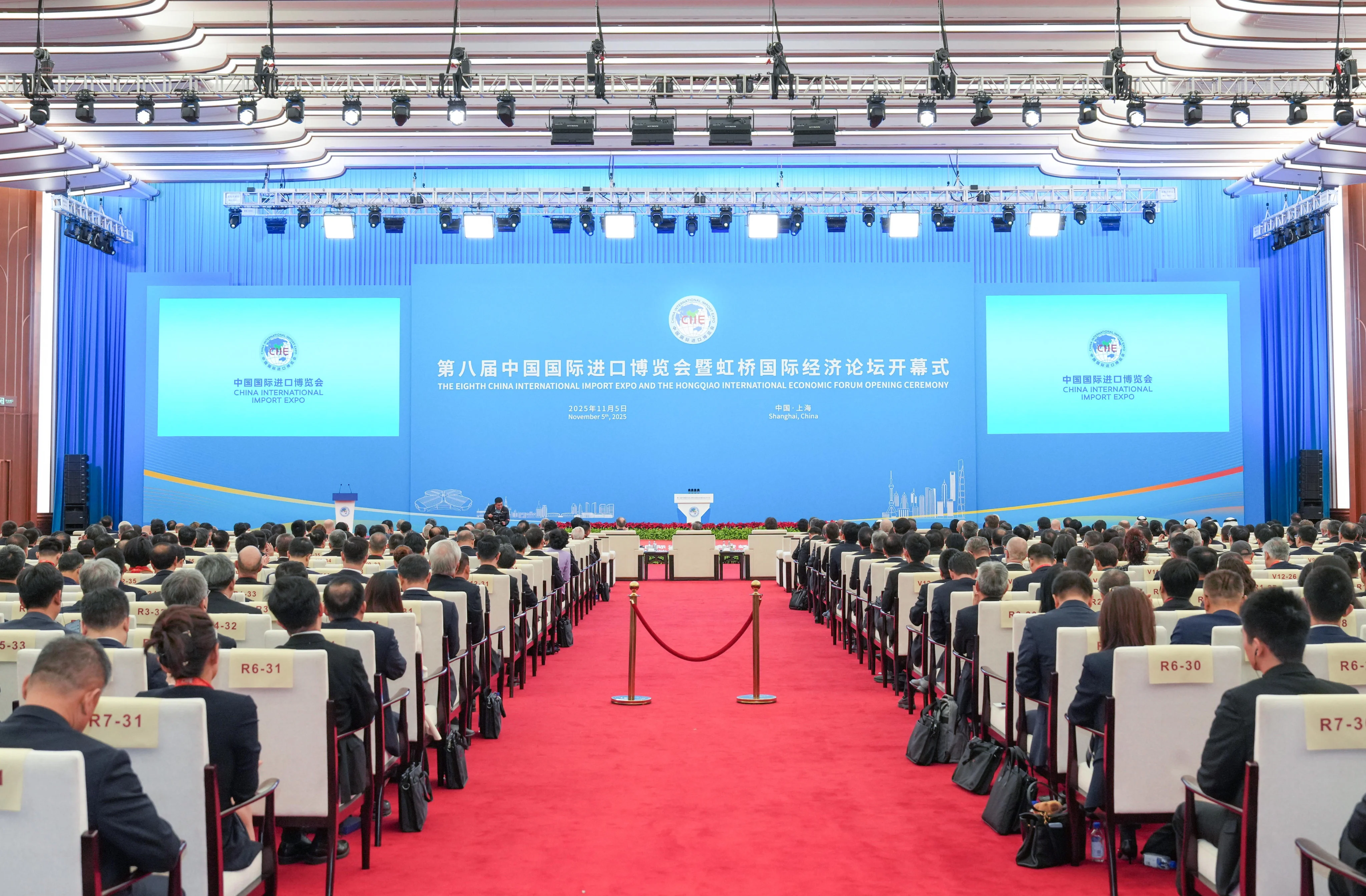Copyright scmp

Restoring confidence and stabilising the property market are “significantly more important” for China than the ramifications of tariffs, a Nobel laureate in economics said while warning of financial risks to Chinese households. Michael Spence, who won the Nobel Prize in 2001, made the remarks at the Hongqiao International Economic Forum in Shanghai on Thursday, during a panel discussion on China’s pathway to revitalise consumption. While acknowledging that Beijing needs to “seriously” address tariff frictions, the 82-year-old Canadian-American said such external factors were of “secondary importance with respect to restoring momentum in the Chinese economy”. “Stabilisation of the real estate sector, the financial sector that’s related to it, [and] restoring confidence and momentum are significantly more important than whatever impacts the tariffs are having,” said Spence, who is also a Philip H. Knight professor and dean emeritus at Stanford University’s Graduate School of Business. His comments came as the world’s second-largest economy prepares to enter its 15th five-year phase (2026-2030), a period in which external risks such as tensions with the United States, as well as domestic headwinds – including sluggish demand, a prolonged property downturn and persistent deflationary pressures – are expected to test Beijing’s policymaking. During the forum – a high-level dialogue platform that runs alongside the China International Import Expo to discuss and promote global economic cooperation, trade and investment liberalisation – Spence also stressed the need for China to avoid “damage to household balance sheets”, which have been eroded in part by falling property values. I believe the overall direction of our current consumption policies is sound Liu Yuanchun, Shanghai University of Finance and Economics He cautioned that such damage would be “very hard to fix”, and that it was even harder to repair than problems in the balance sheets of financial institutions, where the state retains many tools to provide support. Spence also noted that China’s economic transition – including rebalancing investment and consumption, as well as supply-side reforms – was likely to span the coming five-year period, making patience and long-term planning essential. And that, he said, is an area in which Chinese policymakers excel. Spence’s views were echoed at the forum by Liu Yuanchun, president of the Shanghai University of Finance and Economics, who noted that “the key to restoring consumption lies in reviving household income, asset values and confidence”. Income-distribution reform and the social security system were therefore “highly important”, Liu said. He added that China faces an annual consumption gap of nearly 6 per cent of total consumption, translating to roughly 2.9 trillion yuan (US$407.2 billion) at current levels. “I believe the overall direction of our current consumption policies is sound,” Lu said, adding that the action plan Beijing introduced in March to boost consumption was “entirely appropriate”. To close the sizeable consumption gap, he called for increased short-term stimulus while emphasising the need for medium- to long-term structural reforms to provide systematic support.



